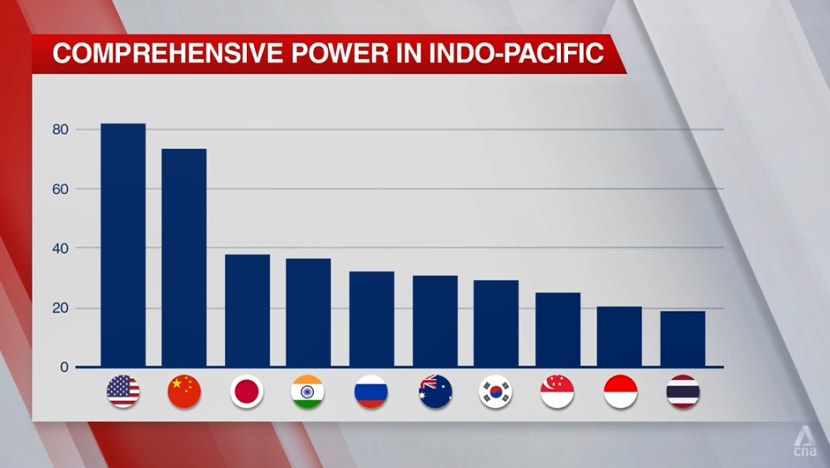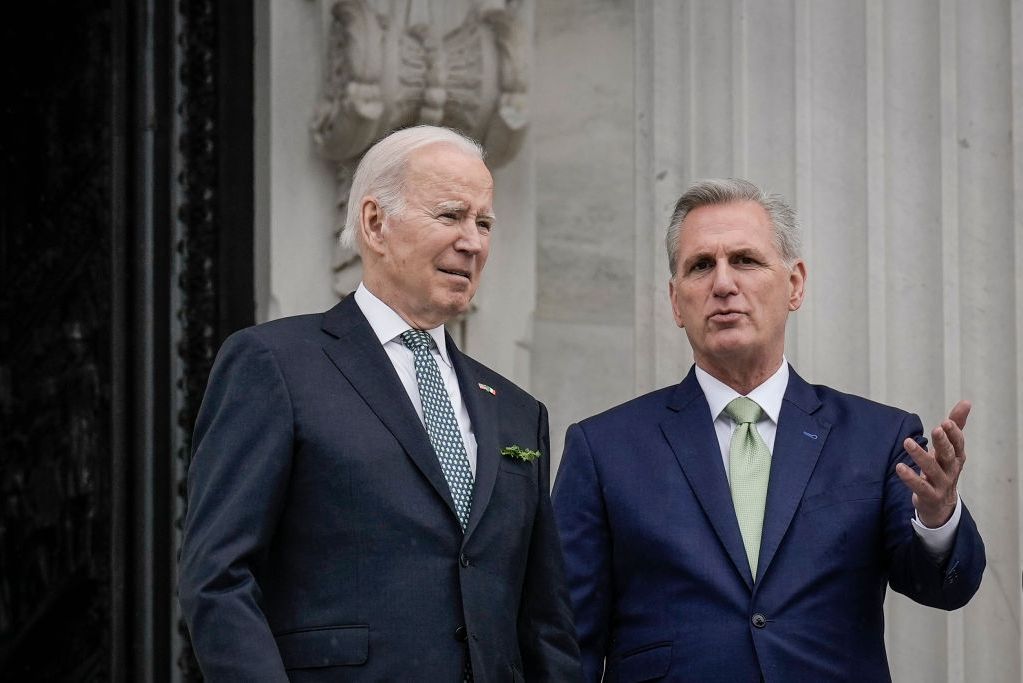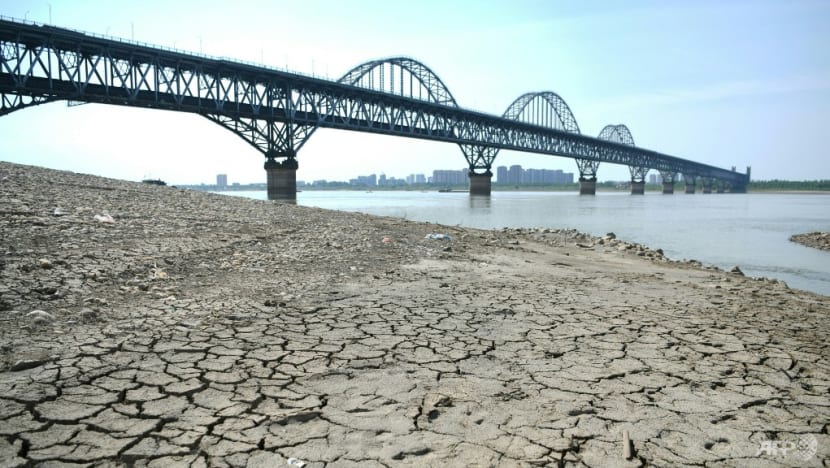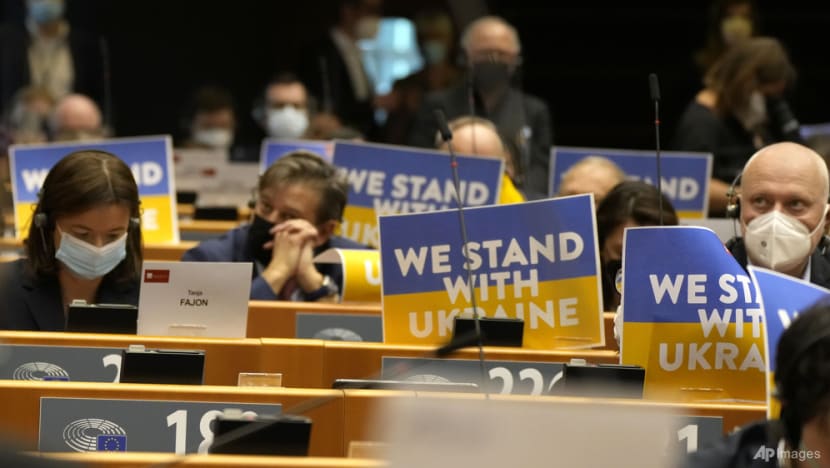AUGUST 08, 2021
NEW YORK — Boeing chief executive officer David Calhoun has access to company aircraft as part of his job. Even so, he told an interviewer that he didn’t expect to fly nearly as much for internal company meetings after the pandemic.
Mr Calhoun, like some of his peers, found that video calls were remarkably effective for checking in with colleagues, allowing him to pack in more meetings and schedule them with minimal advance notice, according to an account in “Leading at a Distance,” a recent book by authors James Citrin and Darleen DeRosa.
“I will do as much or more customer travel, because that’s still the most important way to build relationships,” Mr Calhoun told them.
“But most travel when leading big companies is visiting your own teams. I won’t be doing that nearly as much.”There’s broad consensus that how often we fly for work and what we travel for will shift significantly post-pandemic.






